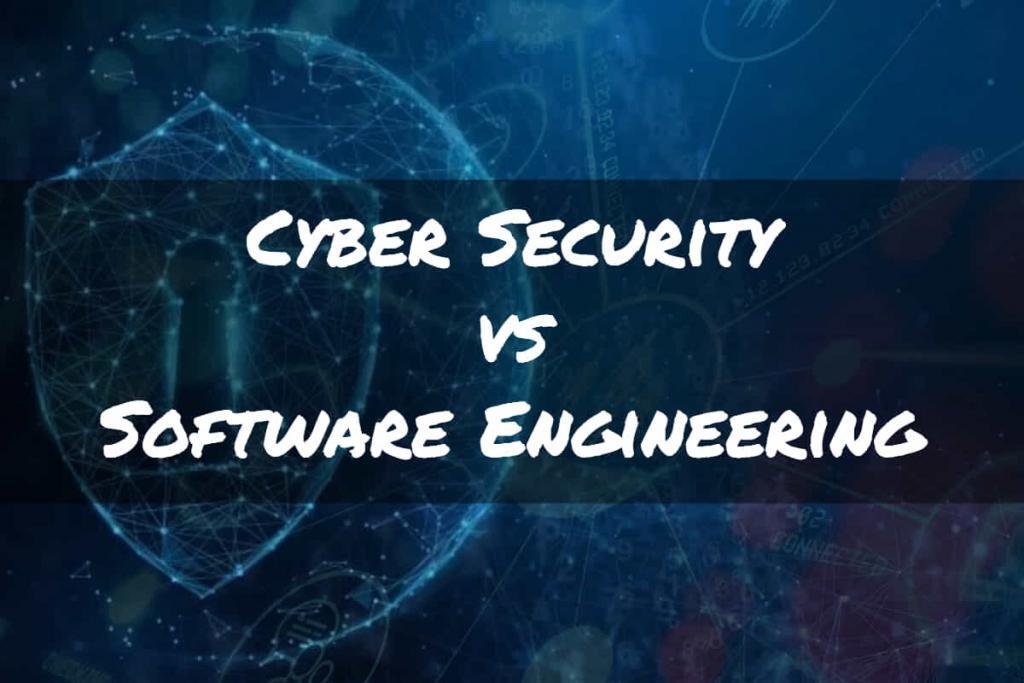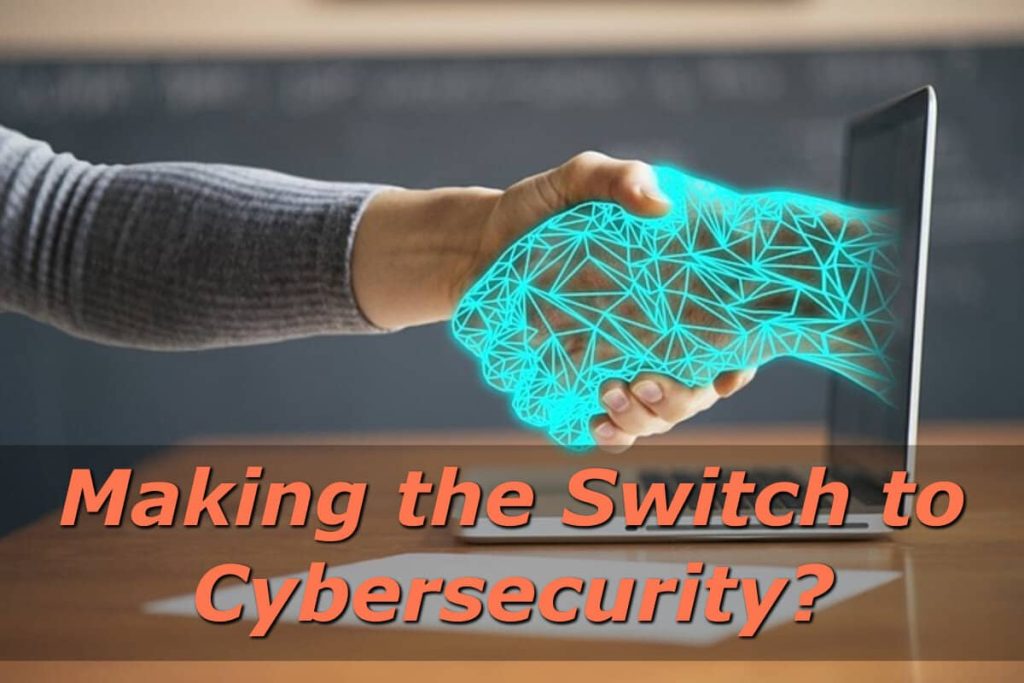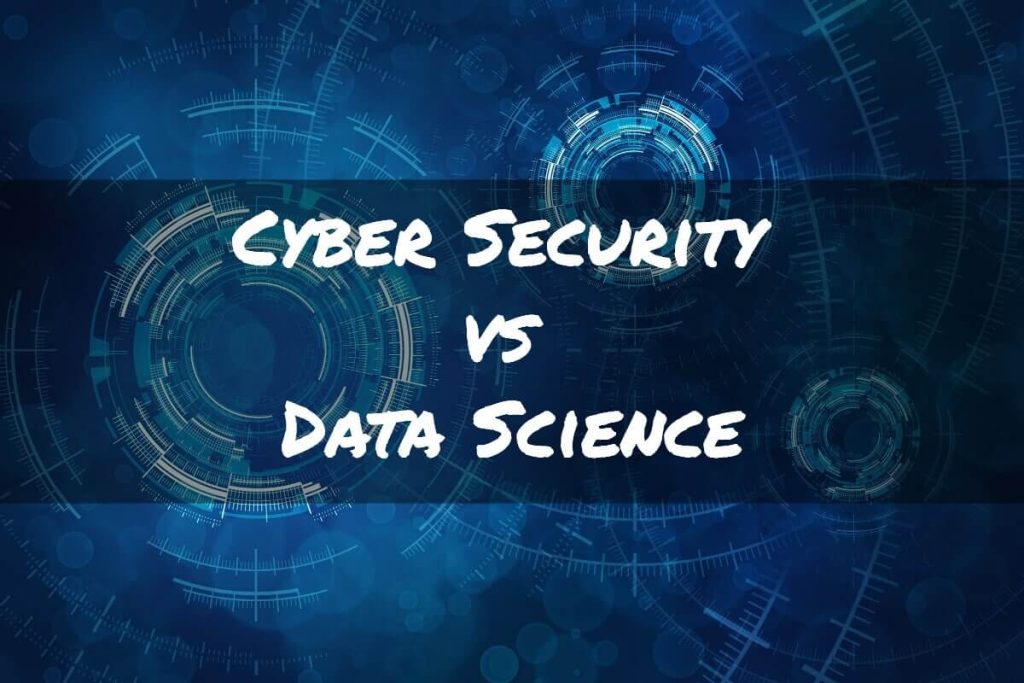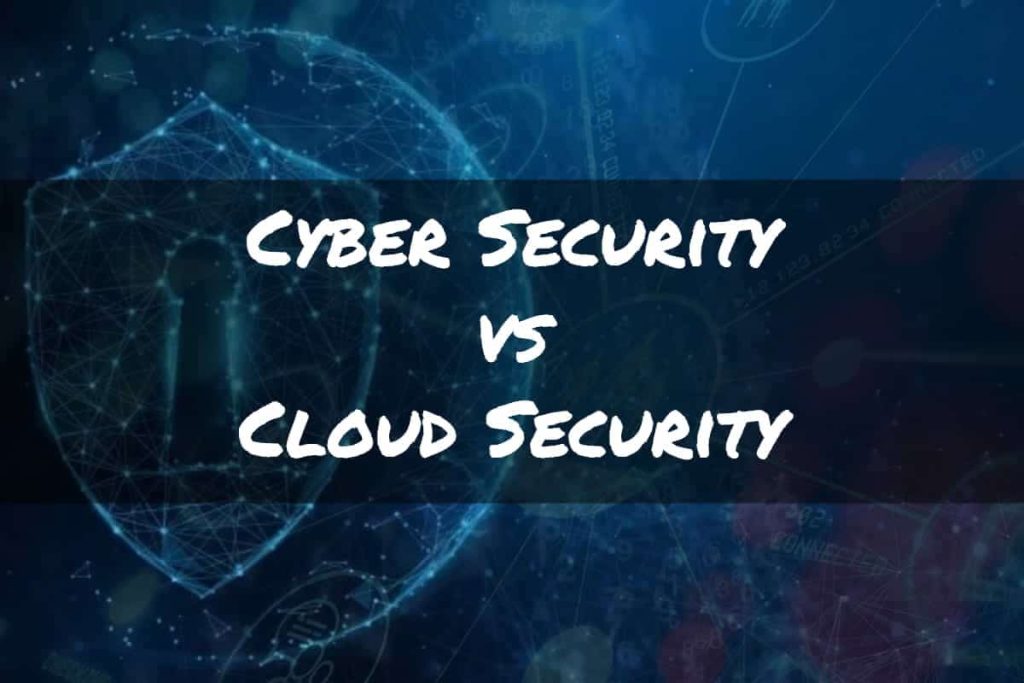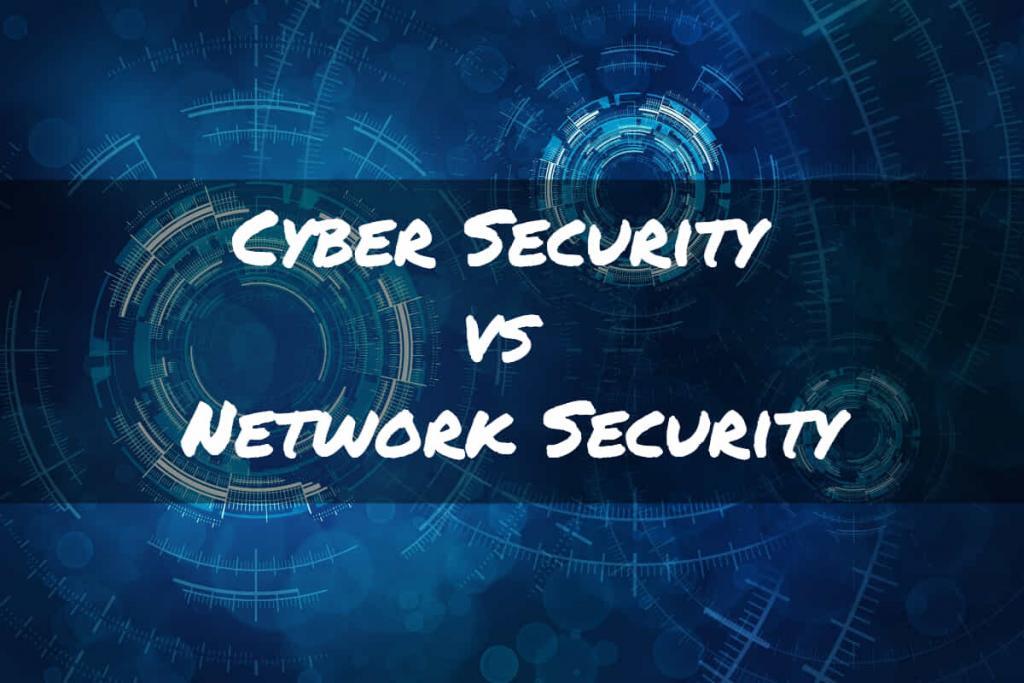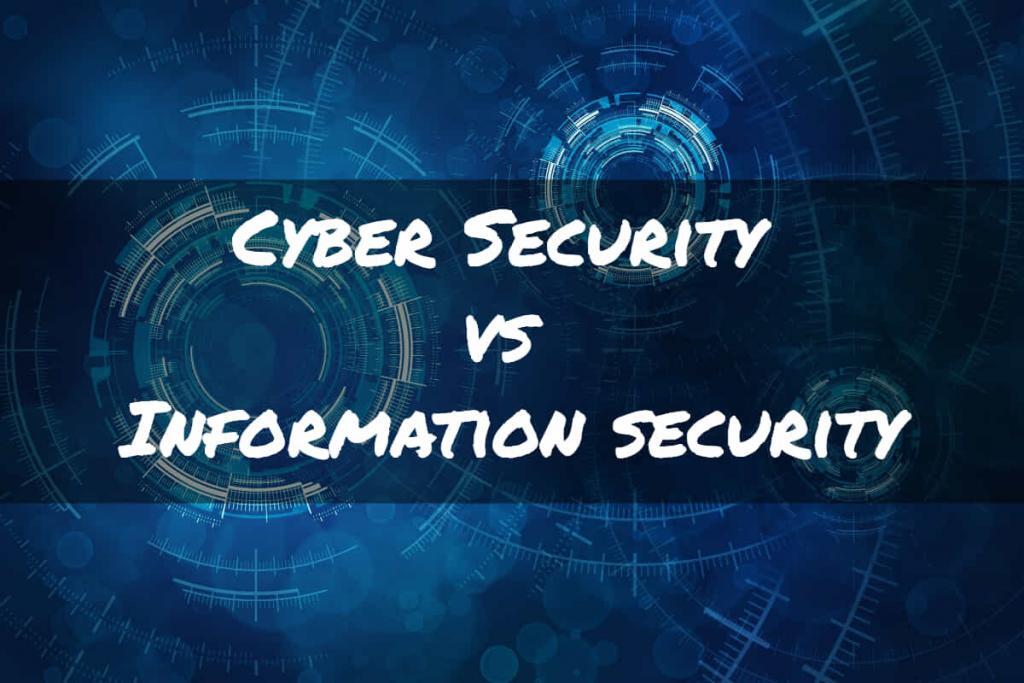Cyber Security vs Software Engineering: The REAL Difference?
Are you trying to decide on career between cyber security vs software engineering? In this article we’ll compare the difference between these two fields of study and help you decide which is right for your future career path. My Opinion… If you’re trying to decide between a career in cyber security vs. software engineering, there […]
Cyber Security vs Software Engineering: The REAL Difference? Read More »

